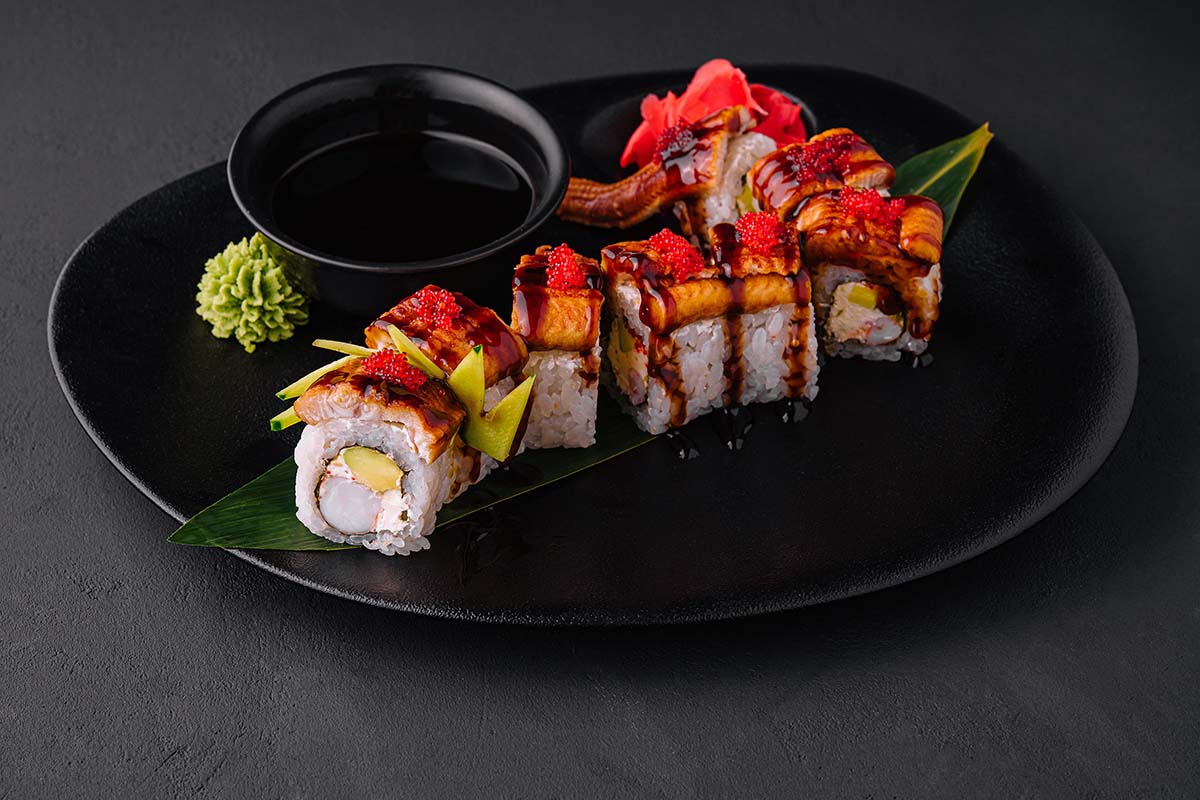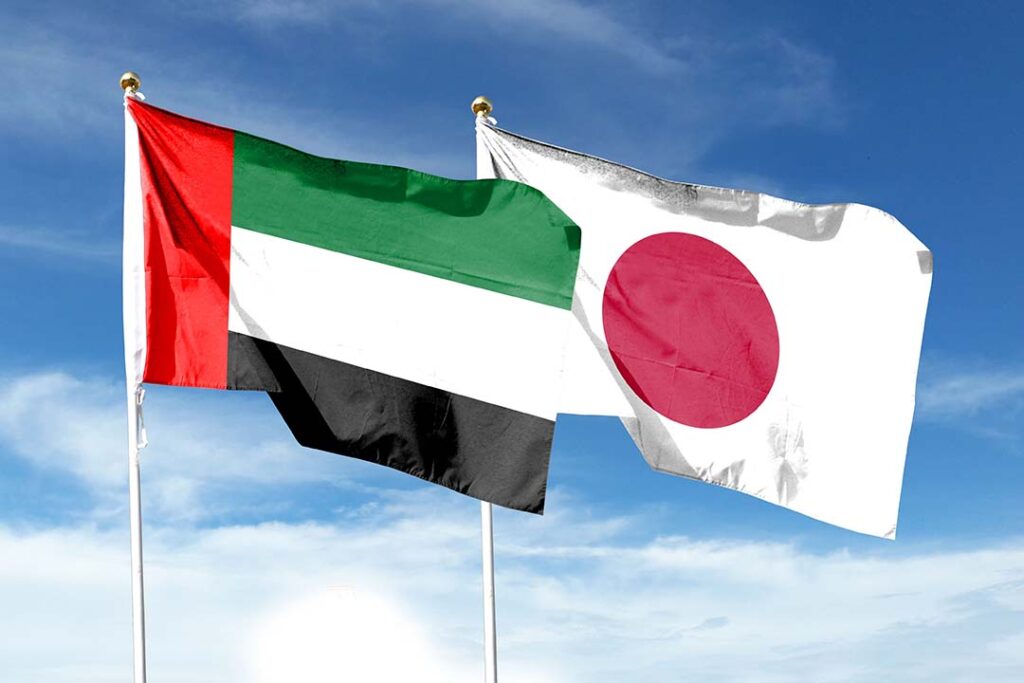The relationship between Japan and Canada might not shout from the rooftops — it’s a fresh take on a quiet power partnership, but it speaks volumes. Built on shared values, mutual curiosity, and a healthy respect for quality living, this cross-Pacific friendship blends precision with purpose, and community with creativity. From sustainability to sushi rolls, this connection thrives not only in the halls of diplomacy but in daily life, cultural moments, and personal exchanges.
This factsheet explores 12 dynamic facets of the Japan–Canada relationship — highlighting how these two cultures complement and elevate each other across both serious sectors and the softer side of life. It’s where ikigai meets northern spirit.
1. A Trusted Partnership: Deep Roots, Shared Values
Canada and Japan established diplomatic ties back in 1928, and the relationship has only grown more multidimensional since. As like-minded democracies, they align on everything from multilateralism and peacekeeping to human rights and open trade.
QUICK FACTS : Diplomatic Milestones
• Formal diplomatic relations began in 1928
• 2023 marked 95 years of official ties
• Strategic Partnership Action Plan renewed in 2022
2. Trade & Investment: Quality Over Quantity
Japan is Canada’s fourth-largest trading partner, and Canada is Japan’s fifth-largest source of agri-food imports. Think: Canadian wheat in your Japanese ramen noodles, or Japan’s precision auto parts powering cars across North America. Under the CPTPP, economic ties continue to deepen.
QUICK FACTS : Economic Snapshot
• $40+ billion in two-way goods and services trade (2023)
• Japan is Canada’s largest source of FDI from Asia
• Both are founding members of the CPTPP
3. Education Exchange: A Two-Way Street of Learning
From Canadian students interning in Japanese labs to Japanese scholars doing post-grad research in Vancouver, education is a major channel for cultural fluency. Programs like the Canada-Japan Co-op Program have helped thousands of students cross borders and broaden horizons.
QUICK FACTS : Academic Ties
• Canada-Japan Co-op Program running since 1991
• Over 70 formal university partnerships across both countries
• Japanese language programs offered at over 30 Canadian institutions
4. Culinary Crossroads: Where Tradition and Innovation Collide
Japan’s culinary precision meets Canada’s high-quality ingredients — and the result is a shared food scene that’s rich, adventurous, and unmistakably global. The Canadian sushi roll (aka as the BC Roll), often filled with grilled or fresh salmon (variations include grilled eel or crabsticks), crispy salmon skin, crisp cucumber, avocado, topped with roe and a sweet soy glaze, captures the essence of culinary confluence. Whether it’s a tiny omakase spot in Toronto or a fusion izakaya in Osaka serving maple-glazed yakitori, this is a delicious connection. Ajisen Ramen has multiple locations in Canada, while high-end spots like Aburi Hana, Kaiseki Yu-zen Hashimoto, and fusion favorite Kissa Tanto showcase the country’s diverse Japanese dining scene.
QUICK FACTS : Food Culture
• Over 700 Japanese restaurants in Canada; Japanese cuisine is among the most popular in Canada
• Canadian seafood (especially salmon) is a key export to Japan
• Japan is one of the top Asian markets for Canadian agri-food
5. Tourism Ties: From Temples to Tundra
Curious travelers on both sides are making the long-haul flight to explore each other’s cultures and landscapes. Canadians soak up Japan’s ancient temples and high-speed modernity. Japanese visitors come for northern lights, Rockies road trips, and Indigenous experiences.
QUICK FACTS : Visitor Flows
• Over 300,000 Japanese tourists visited Canada in 2019 (pre-pandemic peak)
• Japan welcomed a record high 425,874 Canadian visits in 2023; in 2024, Canada ranked as one of the top 10 long-haul destinations for Japanese travelers
• Direct flights between Tokyo, Osaka, and major Canadian cities
6. Cultural Festivals: From Yukata to Yuk Yuk’s
Events like Japan Festival Canada bring traditional and contemporary Japanese culture to Canadian audiences — from taiko drums to anime pop-ups. Additionally, the Powell Street Festival, an annual event held in Vancouver, BC, is regarded as the largest and longest-running community arts festival in Canada celebrating Japanese Canadian culture. Meanwhile, Canada’s cultural exports to Japan include comedy, indie film, and of course, live music.
QUICK FACTS : Cultural Events
• Japan Festival Canada is the largest Japanese cultural event in North America
• Ongoing cultural programming through the Japan Foundation and Canadian embassies
• Canadian films regularly feature in Tokyo and Osaka film fests


7. Arts & Architecture: A Shared Aesthetic
Japanese minimalism and Canadian naturalism are kindred spirits. You’ll find Japanese architects like Kengo Kuma working on major Canadian public spaces, and Canadian artists featured in exhibitions across Japan. It’s a quiet, beautiful cross-pollination.
QUICK FACTS : Design Connections
• In 2023, Japanese architecture studio Kengo Kuma & Associates completed the Alberni by Kengo Kuma, a 43-storey residential skyscraper in Vancouver, Canada
• Japan’s MUJI has 10+ stores across Canada, influencing everyday aesthetics; meanwhile, Japanese Gardens are notable features in many of Canada’s public spaces
• Canadian Indigenous art has toured in museums across Japan; the Indigenous Tourism Association of Canada (ITAC) has engaged in partnership trips to Japan, including cultural exchanges at the Upopoy National Ainu Museum and the National Ainu Museum in Hokkaido.
8. Environmental Cooperation: Clean Tech & Green Goals
Both countries are pushing for a more sustainable future — and doing it together. Whether it’s LNG and hydrogen energy or conservation and biodiversity, the green agenda is a big piece of the puzzle in this partnership.
QUICK FACTS : Green Partnerships
• October 2022: Canada–Japan energy cooperation agreement signed; “Action Plan: Canada-Japan 6 Shared Priorities” (including initiatives to advance LNG trade between Canada and Japan)
• Joint work on hydrogen supply chain and clean fuel standards
• Japan invests in Canadian LNG as part of its decarbonization plan
The Japan–Canada connection isn’t loud and ostentatious, but it’s powerful. It’s a partnership that lives in the details; in carefully brewed matcha on a snowy Toronto morning, and in salmon sashimi served with a view of Mount Fuji.
9. Innovation & Technology: R&D Across Borders
Canada brings AI, biotech, and a strong start-up culture. Japan contributes deep engineering, robotics, and next-gen materials. Together, it’s a cross-Pacific R&D powerhouse — one that’s rooted in trust and long-term investment.
QUICK FACTS : Tech Collabs
• October 2024: Japan’s Fujitsu launched Takane, a Japanese-language large language model (LLM) powered by Toronto-based enterprise artificial intelligence (AI) startup Cohere
• Japan invests in Canadian cleantech and quantum computing startups
• Bilateral agreements support digital innovation and data governance
10. Fashion Fusion: Subtle Meets Statement
Streetwear from Tokyo and slow fashion from Montreal? Yes, please. Canadian designers are inspired by Japanese craftsmanship and fabric tradition, while Japan’s minimalist fashion ethos has found a second home in Canada’s urban hubs.
QUICK FACTS : Style Synergies
• Canadian brands like Arc’teryx and Herschel Supply Co. are cult favorites in Japan
• Japanese designers regularly show at Vancouver Fashion Week; notable designers like Fuminari Fujiwara (whose brand Chidori made a big statement at Vancouver Fashion Week F/W 24) and Yohji Yamamoto have showcased their work at Vancouver Fashion Week, gaining international exposure and connecting with global audiences
• Cultural exchange programs spotlight textile design and sustainable fashion
11. Sports & Wellness: From Judo to Hockey
While they don’t share the same national pastimes, Canadians and Japanese alike value sport as a cultural bridge. From judo and figure skating to snowboarding and karate, athletic exchanges are thriving — and friendly rivalries add spice.
QUICK FACTS : Athletic Exchange
• Canada and Japan both medaled in judo, skating, and snowboarding at Tokyo 2020
• Joint training camps in judo and martial arts held annually
• NHL exhibition games in Japan helped grow Canada’s hockey profile abroad
12. People-to-People Ties: Everyday Diplomacy
This is where it all comes to life — in families, friendships, communities, and cafés. With thousands of Japanese expats living in Canada and a growing number of Canadians relocating to Japan, the bond is real, personal, and constantly evolving.
QUICK FACTS : Community Connections
• 120,000+ people of Japanese descent live in Canada. Japanese immigration to Canada spans generations, with nearly 63% of the 129,430 people identifying as Japanese in the 2021 Census reporting second-generation (38,810) or third-generation and beyond (42,425) heritage.
• 12,000+ Canadians live in Japan
• Active sister cities (e.g., Vancouver–Yokohama, Toronto–Chubu) support grassroots ties
The Japan–Canada connection isn’t loud and ostentatious, but it’s powerful. It’s a partnership that lives in the details; in carefully brewed matcha on a snowy Toronto morning, and in salmon sashimi served with a view of Mount Fuji. From bilateral cooperation to the little lifestyle things, this is a partnership grounded in values — and lifted by curiosity, creativity, and mutual respect.
It’s more than policy. It’s people, passion, and possibility.















